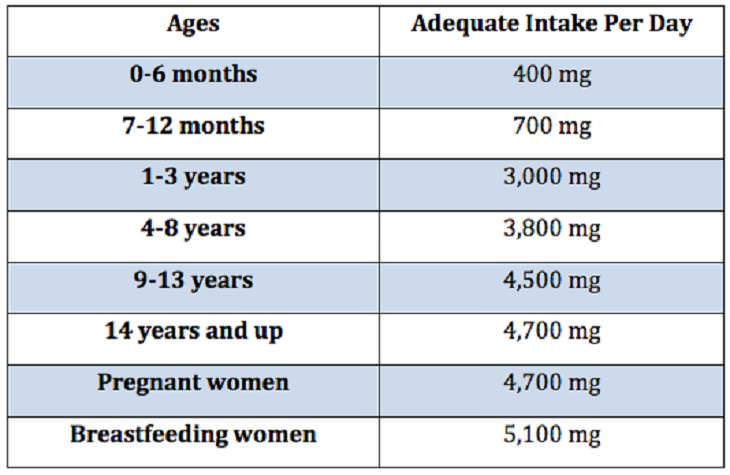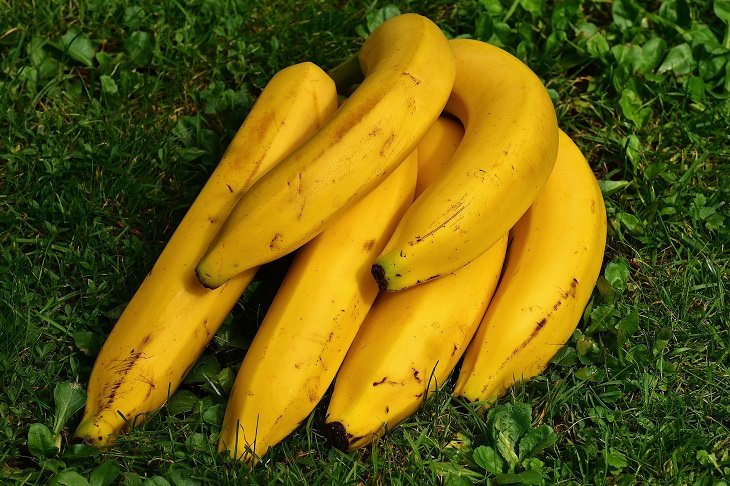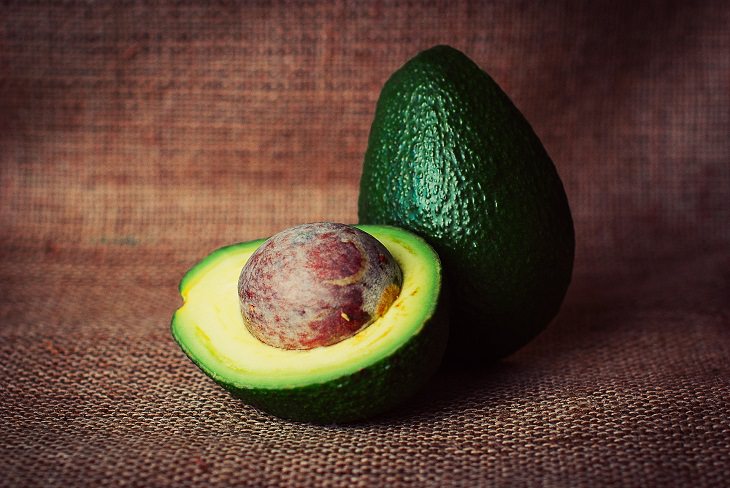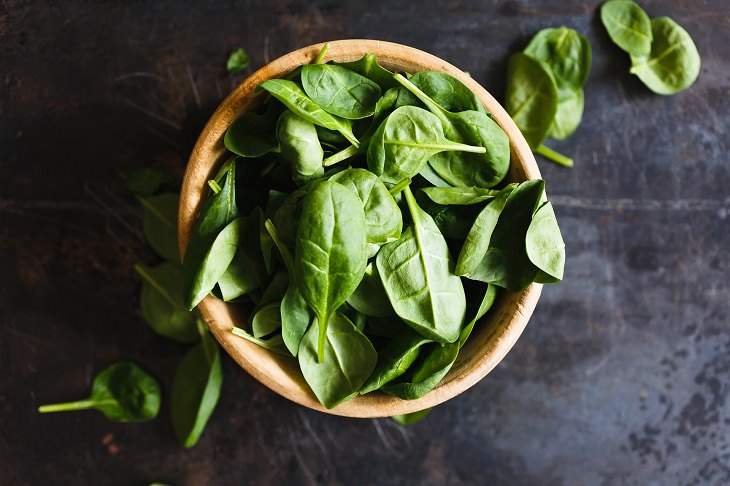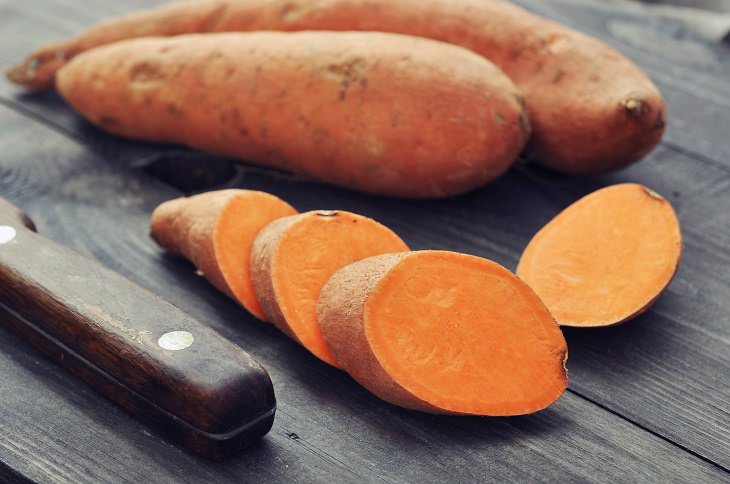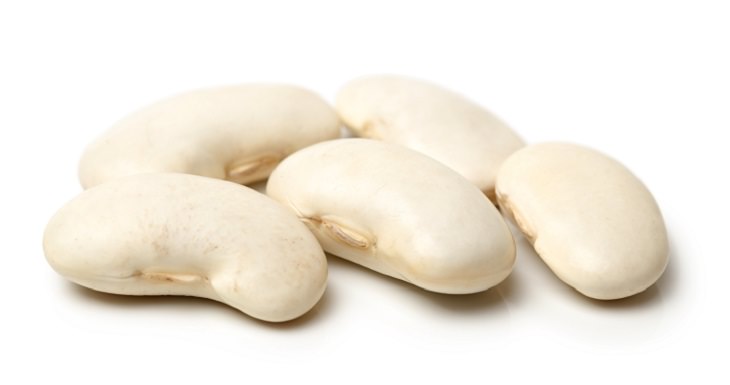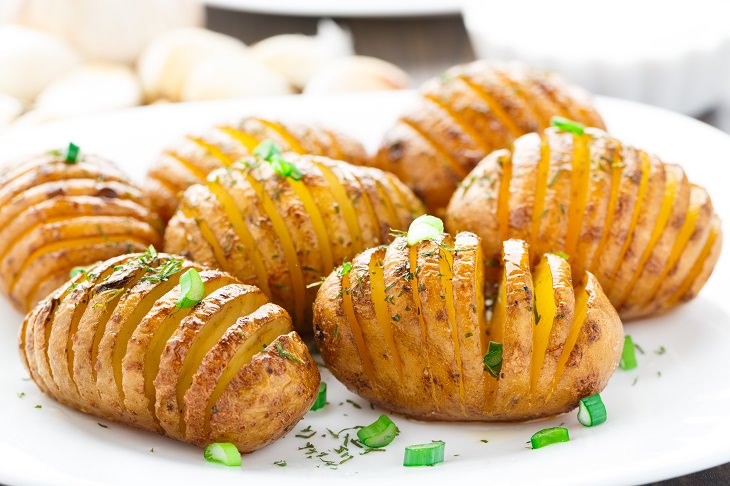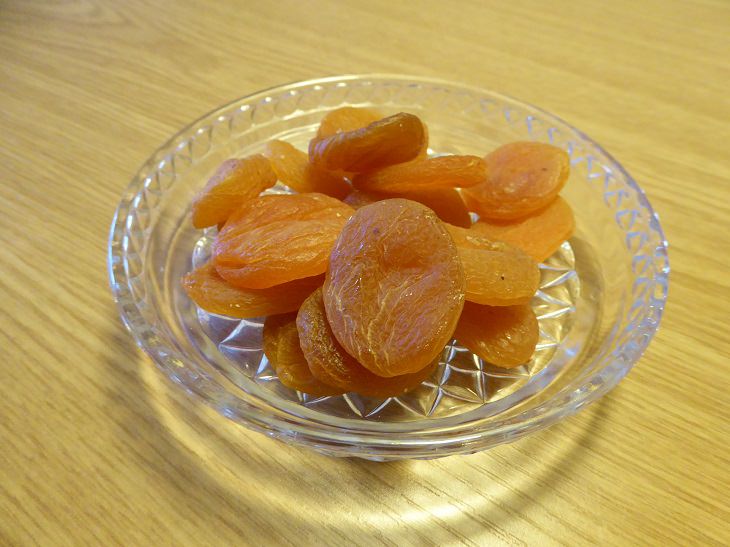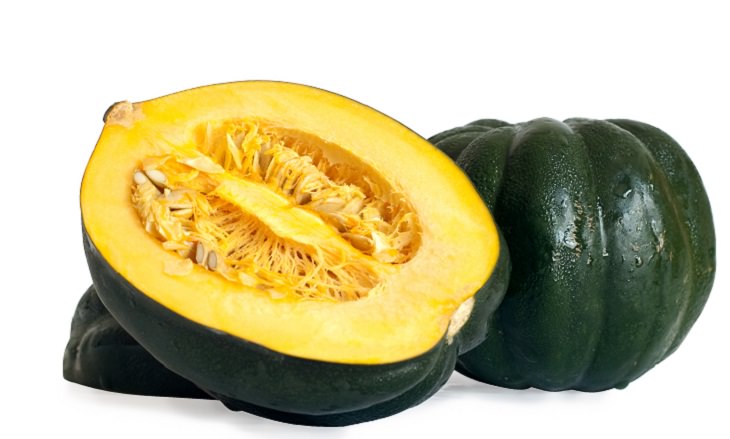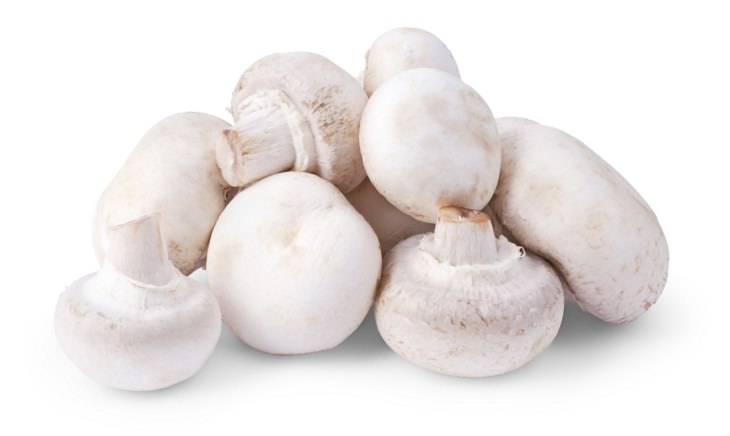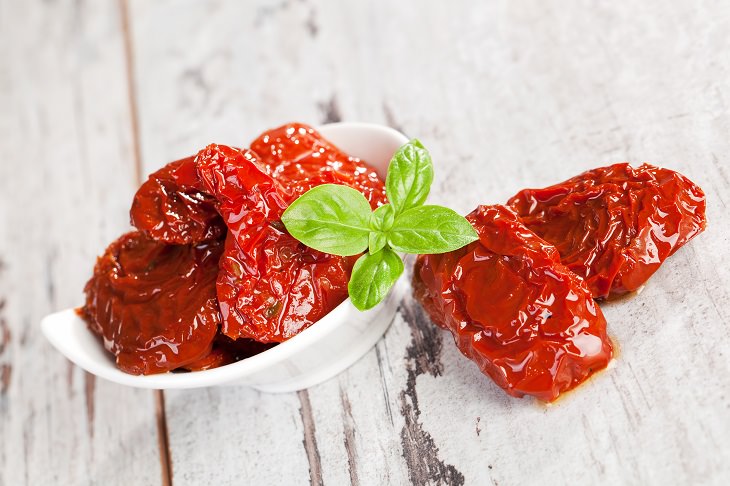Astrologer Vighnesh India: +91 9445548316 / 9382633377 USA: +1 (425) 358-6565 / +1 (716) 777-3857 Wat'sapp..Consultation by web appointment
Astrologer in US : #Astrologer in USA : #Astrologer in India : #Astrologer in Chennai : # Best Astrologer in #Pancha Pakshi Astrology : #Astrologer in Malaysia : #Astrologer in Sri Lanka : #Astrologer in Dubai : #Astrologer in UAE
Potassium is a very important mineral, though it is always less discussed than iron and calcium. However, potassium is crucial for life and the functioning of some of the body's major organs, such as the brain, heart, and kidneys.
Potassium helps regulate blood pressure and aids heart and nervous system function. Furthermore, it also negates the negative effects of sodium, improves sleep quality, boosts mental function and helps to remove waste from the body. It also helps to regulate your body's fluid levels.
If you're eating less than the recommended dose (see chart below), you could end up suffering from potassium deficiency - known as hypokalemia. A deficiency in potassium can lead to fatigue, insomnia, muscular weakness, constipation, tingling sensations, digestive problems, and heart palpitations, to name but a few side effects.
Bananas are well-known for being full of potassium. A medium-sized banana contains 422mg of potassium - or 12% of the recommended dietary intake.
Along with potassium, bananas contain fiber, phosphorus, calcium, zinc, magnesium, iron, and vitamins B6 and C. Due to the presence of natural sugars such as fructose, glucose, and sucrose in bananas, they are a great energy booster.
This superfood is also full of heart-healthy fats, fiber, B vitamins, vitamin K, copper, iron, protein, folate, and phosphorus.
The majority of green vegetables are rich in potassium, but spinach is definitely worth mentioning. One cup of boiled spinach provides 839 mg of potassium - 24% of the recommended dietary intake.
In addition to its high potassium content, spinach is rich in calcium, vitamins A and K, dietary fiber, magnesium, iron, manganese, zinc, phosphorus, protein, copper, and nitrates.
Just a single medium-sized sweet potato contains 952 mg of potassium - 27% of the recommended dietary intake.
Sweet potatoes contain vitamins A and C and vitamins B1, B2, and B6. They also contain calcium, iron, phosphorus, fiber, copper, manganese, and complex carbohydrates.
White Beans are rich in potassium and just half a cup will provide you with 502 mg of it - 15% of the recommended daily amount.
Along with potassium, these beans contain fiber, iron, magnesium, copper, phosphorus, and vitamin B1. They also contain little fat and are cholesterol-free..
All dried fruit such as peaches, prunes, raisins, and figs are great sources of potassium. However, dried apricots are one of the best potassium-rich foods as just half a cup provides 775 mg of this mineral - around 22% of the recommended dietary intake.
Along with this mineral, dried apricots contain a number of power antioxidants, such as vitamin A and vitamin C. They also contain copper, fiber, calcium, magnesium, iron, and phosphorus.
Just 1 cup of acorn squash provides around 644mg of potassium - 18% of the daily recommended amount.
Furthermore, acorn squash contains folic acid, vitamins A and C, thiamin, magnesium, iron, copper, calcium, several B vitamins, and phosphorus.
Just one cup of these cheap mushrooms provides around 450 mg of potassium - 11% of the recommended dietary dose.
Sun-dried tomatoes are a good source of vitamins C, A and K as well as riboflavin, thiamine, protein, iron and fiber.






